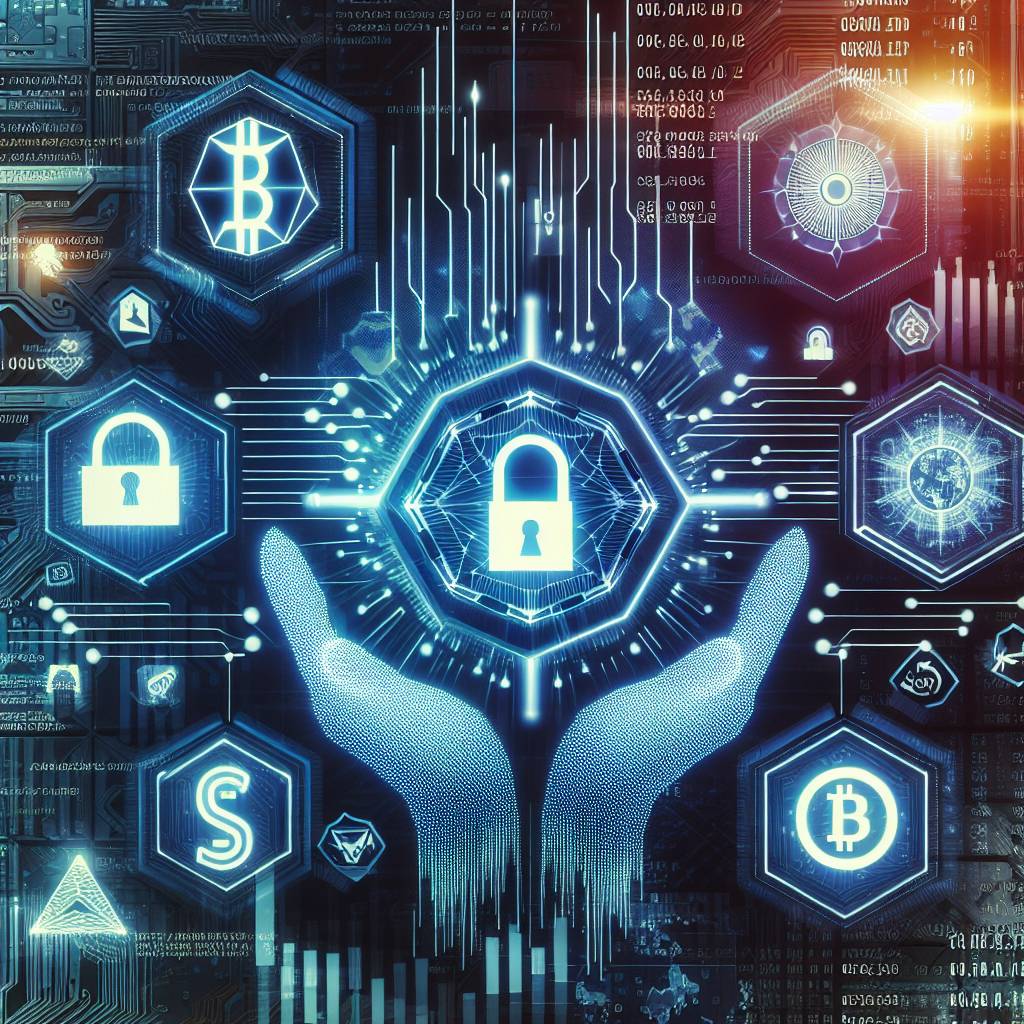What are some common security risks associated with cryptocurrency transactions?
What are the potential security risks that users may face when conducting cryptocurrency transactions?

3 answers
- When it comes to cryptocurrency transactions, there are several common security risks that users should be aware of. One of the main risks is the possibility of falling victim to a phishing attack. This occurs when scammers create fake websites or emails that appear to be legitimate cryptocurrency platforms, tricking users into revealing their private keys or login credentials. To protect yourself, always double-check the website's URL and be cautious of unsolicited emails asking for personal information. Another risk is the vulnerability of centralized exchanges. These platforms are often targeted by hackers due to the large amounts of funds they hold. It's important to choose reputable exchanges with strong security measures in place, such as two-factor authentication and cold storage for funds. Additionally, there is the risk of malware and viruses. Malicious software can infect your device and steal your cryptocurrency wallet information. To mitigate this risk, ensure that you have up-to-date antivirus software installed and avoid downloading files or clicking on suspicious links. Lastly, there is the risk of human error. Cryptocurrency transactions are irreversible, meaning that if you send funds to the wrong address or make a mistake in the transaction details, you may lose your funds permanently. Always double-check the recipient's address and transaction details before confirming the transaction to avoid any costly mistakes.
 Jan 27, 2022 · 3 years ago
Jan 27, 2022 · 3 years ago - When it comes to cryptocurrency transactions, security should be a top priority. There are several common security risks that users need to be aware of. One of the biggest risks is the potential for hacking. Hackers are constantly looking for vulnerabilities in cryptocurrency platforms and wallets to steal funds. It's crucial to use secure platforms and wallets that have strong encryption and security measures in place. Another risk is the possibility of scams and fraudulent schemes. There are numerous fake ICOs (Initial Coin Offerings) and investment opportunities that promise high returns but are actually scams. It's important to do thorough research and only invest in reputable projects. Furthermore, there is the risk of losing access to your funds. If you forget your private keys or lose your hardware wallet, you may permanently lose access to your cryptocurrencies. It's essential to keep backups of your private keys and store them securely. Lastly, there is the risk of regulatory changes and government intervention. Cryptocurrencies operate in a relatively unregulated space, and governments around the world are still figuring out how to regulate them. Changes in regulations or government crackdowns can have a significant impact on the value and usability of cryptocurrencies.
 Jan 27, 2022 · 3 years ago
Jan 27, 2022 · 3 years ago - When it comes to cryptocurrency transactions, security is of utmost importance. At BYDFi, we understand the potential risks that users may face and take proactive measures to ensure the safety of our users' funds. Our platform employs advanced security protocols, including multi-factor authentication and cold storage for funds. We also conduct regular security audits to identify and address any vulnerabilities. In addition to the risks mentioned earlier, it's important to be cautious of social engineering attacks. These attacks involve manipulating individuals to gain unauthorized access to their cryptocurrency wallets or accounts. Always be skeptical of unsolicited messages or requests for personal information. Furthermore, it's crucial to keep your software and devices up to date. Outdated software can have security vulnerabilities that hackers can exploit. Regularly update your operating system, antivirus software, and cryptocurrency wallet software to ensure you have the latest security patches. Lastly, it's essential to educate yourself about best practices for securing your cryptocurrencies. Stay informed about the latest security threats and follow industry guidelines for safe storage and transaction practices. By taking these precautions, you can minimize the risks associated with cryptocurrency transactions.
 Jan 27, 2022 · 3 years ago
Jan 27, 2022 · 3 years ago
Related Tags
Hot Questions
- 98
How can I buy Bitcoin with a credit card?
- 93
What is the future of blockchain technology?
- 80
Are there any special tax rules for crypto investors?
- 78
What are the tax implications of using cryptocurrency?
- 77
How can I protect my digital assets from hackers?
- 70
How can I minimize my tax liability when dealing with cryptocurrencies?
- 61
What are the advantages of using cryptocurrency for online transactions?
- 39
How does cryptocurrency affect my tax return?